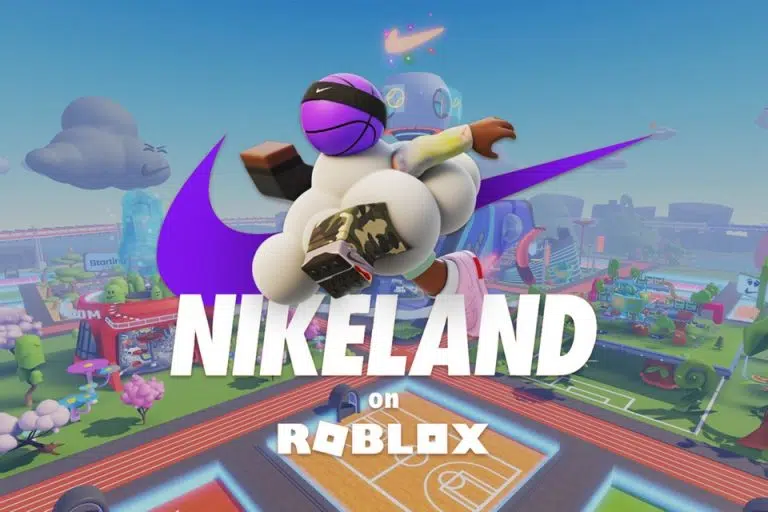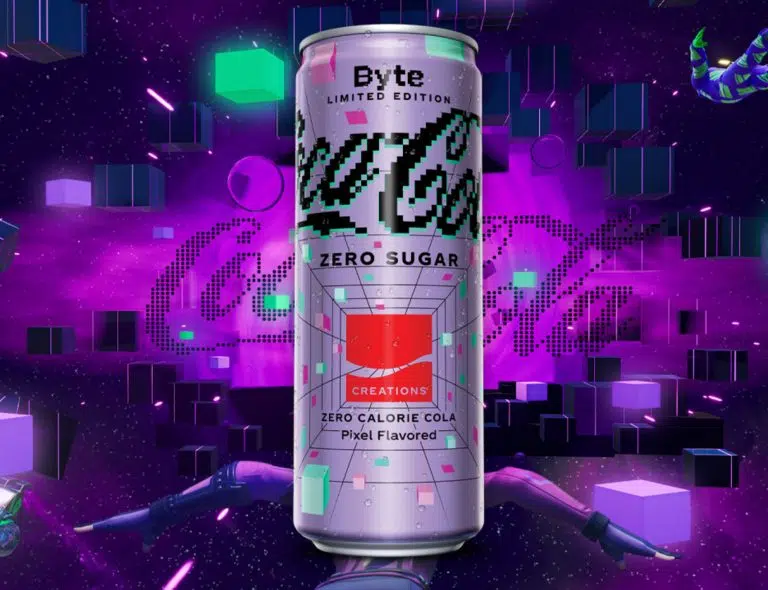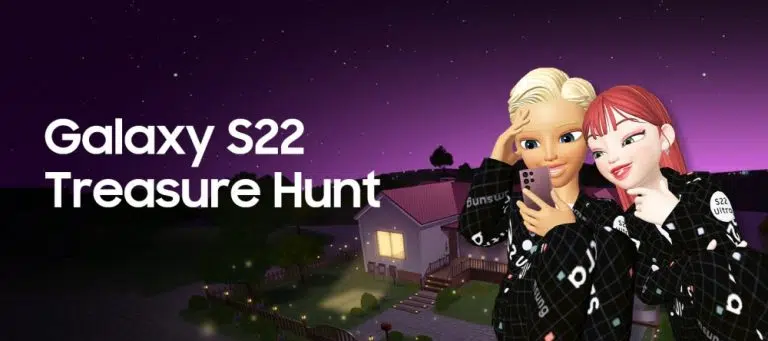As the metaverse develops, many big-name brands are utilising the platform for their marketing efforts. Is this the future of digital marketing?
The word metaverse has become an increasingly common term over the last year, with big-name tech companies investing millions of dollars into the production and development of this new technology. But what really is the metaverse? And what does it mean for the future of marketing?
The metaverse is defined as an immersive, digital environment populated by virtual avatars that represent real people. It’s a self-contained and fully-functioning universe that contains user-generated content, is always active, and exists in real-time. Using a combination of virtual reality (VR) and augmented reality (AR), the metaverse creates an integrated network of 3D worlds; a place parallel to the physical world, where you can spend your digital life.
Marketing in the metaverse
Creating a virtual platform that anybody can access opens a huge door for companies and brands to market their products and services. The metaverse is still in the development stages, but brands are already getting their foot in the door and reaching out to consumers on this virtual platform.
The marketing mix is made up of four P’s: product, price, promotion and place. The metaverse provides a new place to market and new methods of promotion, so it’s no surprise that marketing teams across the globe are excited to get stuck in!
The metaverse allows you to create your own platform, designing a world dedicated to a brand’s products or services. This process takes lots of time and research, as well as requiring heavy financial investment, but has already proven to be worthwhile by a multitude of brands.
Shopify, an e-commerce platform for online stores hosted its 2022 Summit inside the metaverse. Partnered with Spotify and Uber Eats, users could buy merchandise, listen to music and have actual food delivered, all from inside the experience. Hosting a virtual convention exponentially increases the size of the potential audience in comparison to a physical event that is limited by the location and available space.
The metaverse has opened new opportunities for virtual collectables, which have proven successful in the past through various online video games that allow players to purchase collectable items; the direct-to-avatar sales of virtual goods is a $54 billion market. Nike has utilised this within the metaverse by creating a purpose-built metaverse space named Nikeland, using the Roblox platform. Users can purchase exclusive Nike digital products, that can be worn by their avatar and displayed within their own personal section of Nikeland. Since it launched in November 2021, Nike has had over 7 million users on the platform.

Native advertising is transferable to the metaverse, with billboards available to advertise on virtual roads, as well as on-platform product placement. There are also various sponsorship opportunities for sporting and music events held within the metaverse.
Big brands like Coca-Cola and Samsung have already utilised advertising on this new platform. Coca-Cola launched a limited edition drink inside the metaverse and Samsung created a treasure hunt on the platform where users played to win a Galaxy S22.


Both VR and AR open up a world of marketing opportunities for a variety of brands. By hosting products in the metaverse, users can see a virtual 3D model of the product before buying. Hyundai has utilised this feature by creating a virtual Motorstudio on the platform, where users can check out different vehicle models, watch informative videos and purchase merchandise.

AR can be beneficial for a multitude of brands selling products such as homewares and furniture as well as clothing companies. AR allows customers to ‘place’ the furniture item in their home before purchasing to ensure that they like the style and that the size of the product is suitable. This also translates to clothing brands, where customers can use AR to see themselves wearing the clothes before purchasing.
Challenges of marketing within the metaverse
Accessibility is a huge challenge for brands looking to market within the metaverse. Currently, to access the metaverse, a high-spec computer with fast internet speeds is required, along with a VR headset for a lot of the virtual aspects. Not everybody has access to these pricy pieces of tech, so not everybody will be able to access the metaverse straight away. Some consumers may be desperate to get their hands on the required tech so they can delve into this new world, but others who may be more sceptical of the metaverse won’t be rushing to spend large amounts of money to get there – if your target consumer is most likely to fit in with the latter, the metaverse may not be the best direction to take your brand at this moment in time.
Many people remain sceptical about the metaverse. Despite countless tech professionals explaining why the concept is so much more than simply a video game for children, many people cannot grasp how or why it could be more than such. It’s still very early days for the metaverse, it could take years before the wider population accept this new market for what it really is. At least for now, mass marketing is definitely hindered within the metaverse due to the widespread mixed opinions.
The metaverse is free for anyone to access (with the right tech), and there’s currently no regulating authority for the platform. This is a huge concern for brands looking to promote within the metaverse, as you have no control over what other user-generated content appears alongside your brand, as well as running the risk of virtual vandalism.
There are data privacy and security concerns related to the roll-out of the metaverse. New methods of privacy and protection are in development to fit with this new environment, but how much trust we can put in this newly developed technology is currently unknown. It’s too early to say whether the metaverse will have one set of security and privacy rules across every platform or whether varying countries will demand their own regulations, although the latter seems most likely. Depending on the outcome of this, marketers could be heavily affected when trying to expand their reach internationally via the metaverse.
Another challenge of marketing in the metaverse is working out how to track performance, as traditional metrics can’t be directly translated since the metaverse provides new ways of marketing. This isn’t a deal-breaker, it’s just simply too early for marketers to know exactly how to approach this. Through calculated trial and error, it won’t take long for suitable analytics to be mastered on this platform.
Is this the future of digital marketing?
Investors continue to funnel money into the development of the platform at an incredible rate; in the first half of 2022, over $120 billion had been invested in the development of metaverse technology and infrastructure. Popularity is increasing, and big-name brands are getting in quick to be the first to utilise the platform for promotional purposes.
Not everybody is on-board with the metaverse, with many people opposed entirely. Although opinions of this nature will most likely change as the platform gains further traction and popularity, I can’t see a world where everybody is utilising the metaverse to its maximum potential (except maybe 100 years from now).
The metaverse is providing a new type of platform, but it isn’t going to replace traditional marketing methods, at least for the foreseeable future. Not every company will benefit from what the metaverse can offer, but others will. I think we’ll begin to hear an increasing amount of brands spreading into the metaverse, however, we’re not going to completely wipe out reality for a virtual version.
There’s no clear-cut answer to whether this is the future – who knows? I wish I had a window into the future to see how far this can really go!
___
by Rosey Bowring
source: Browsermedia.agency


